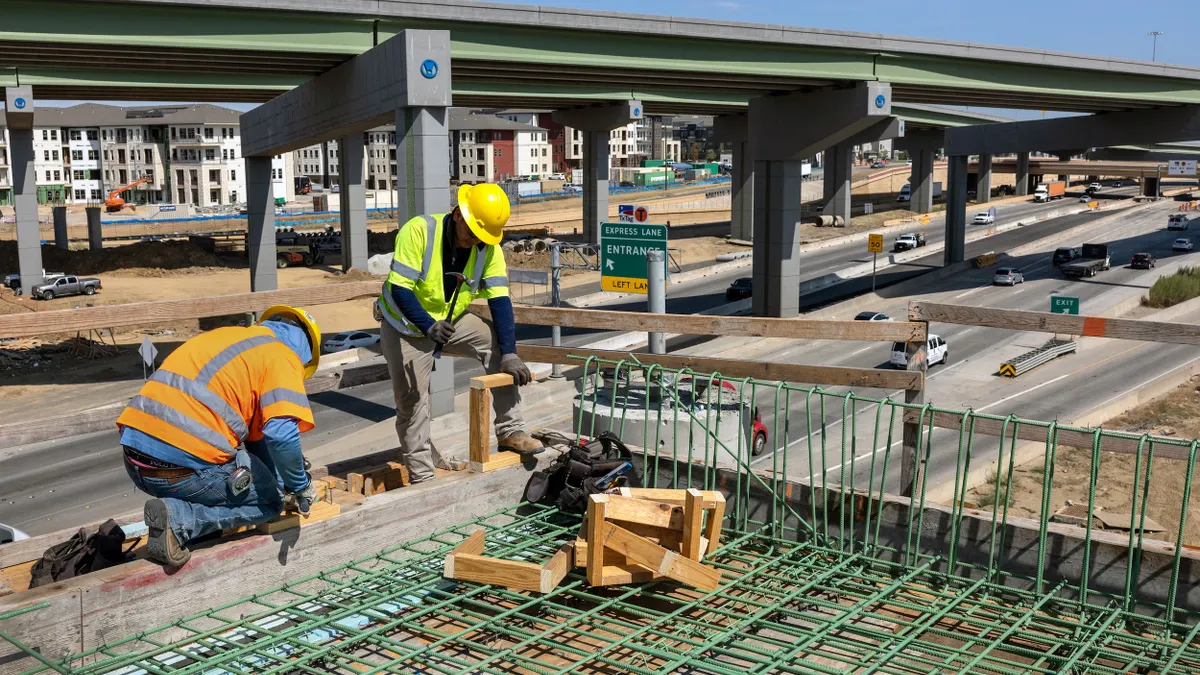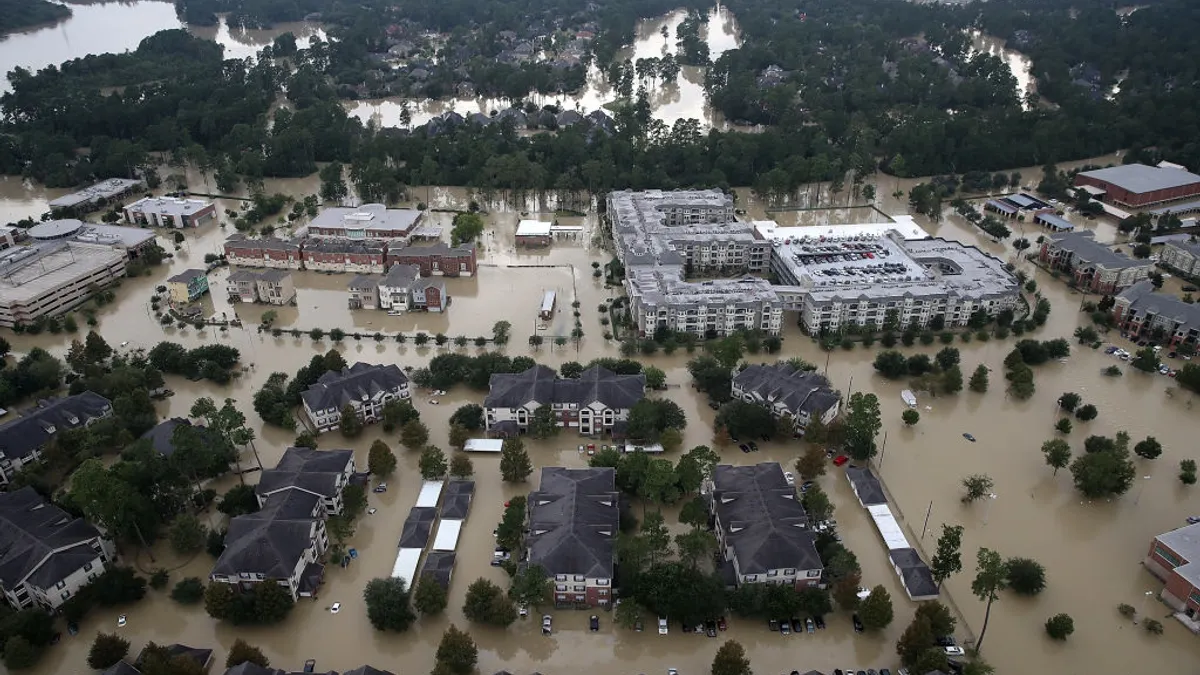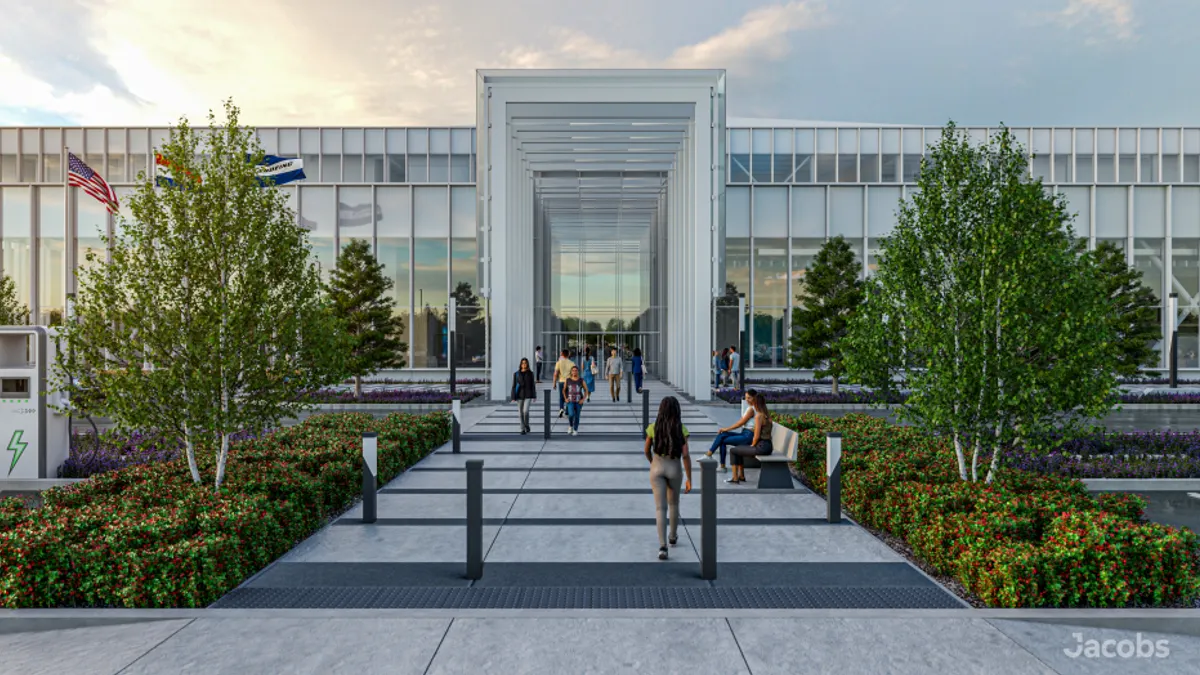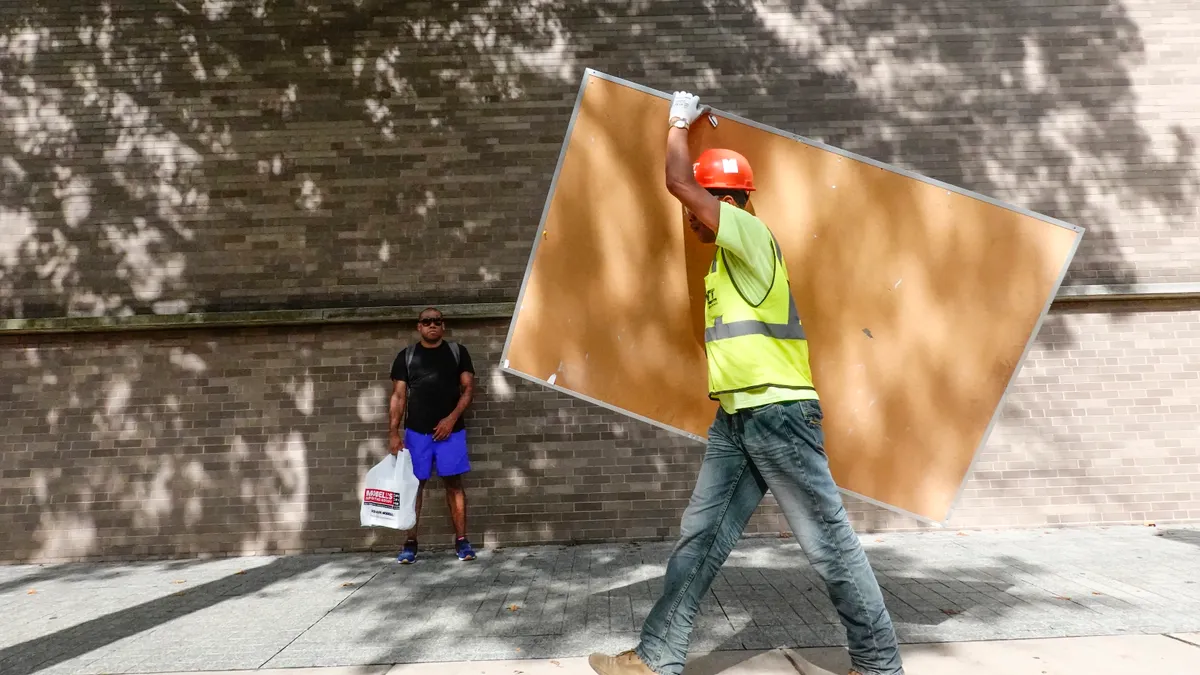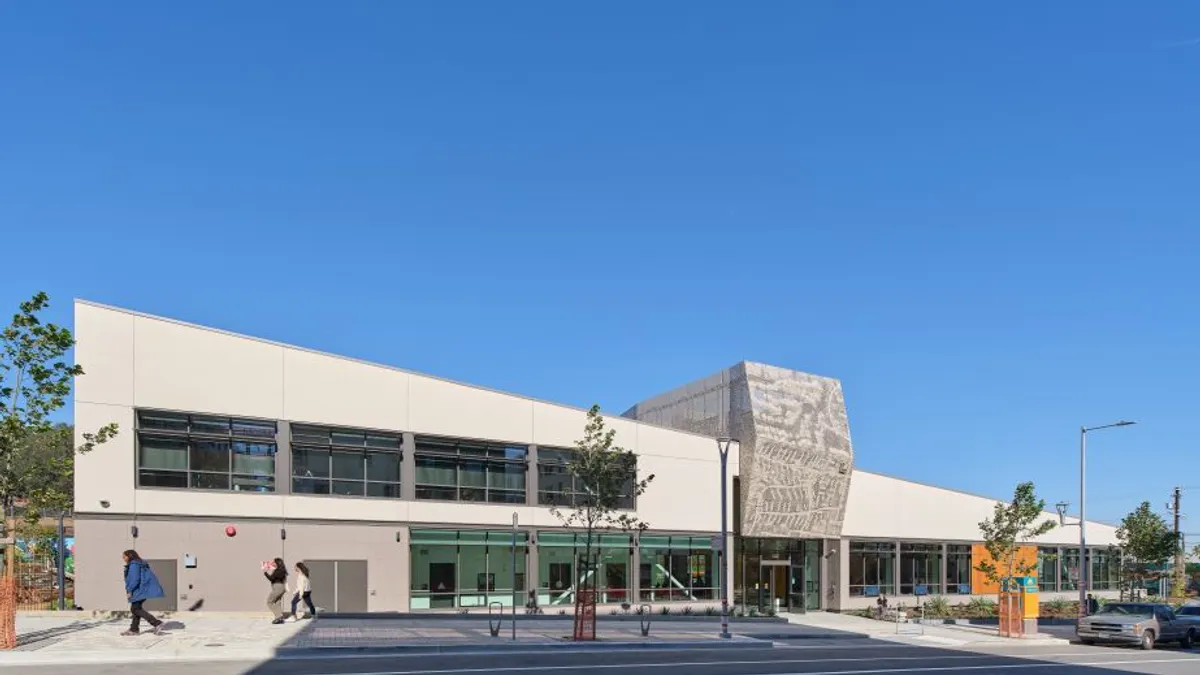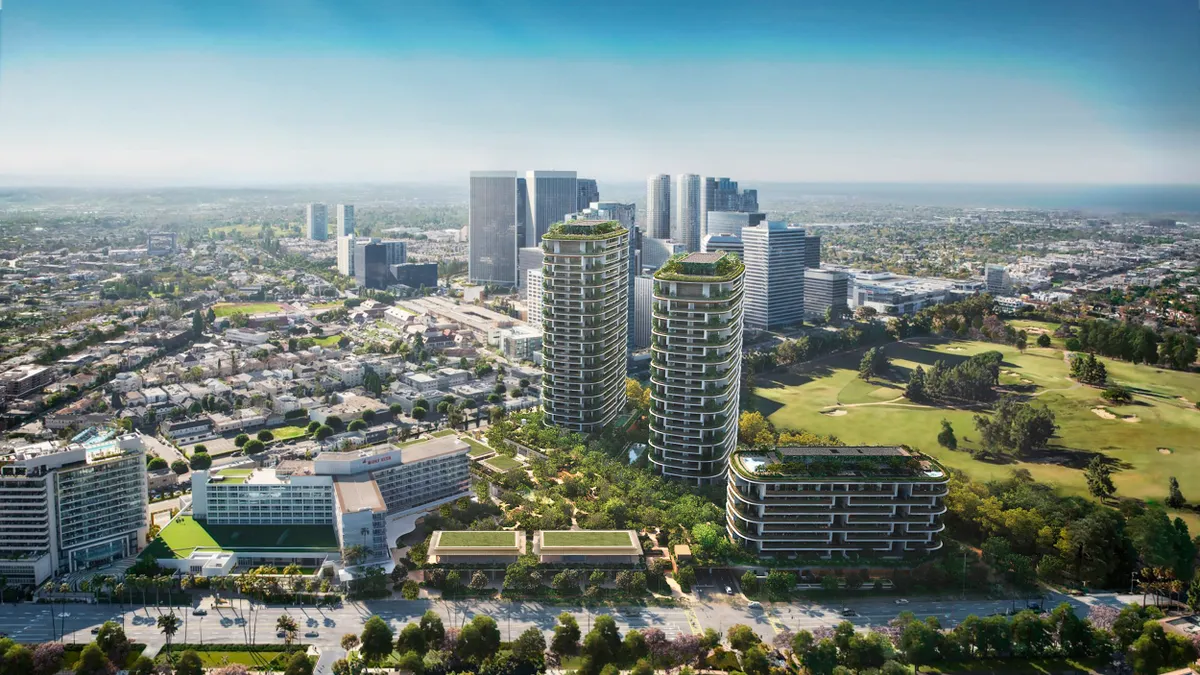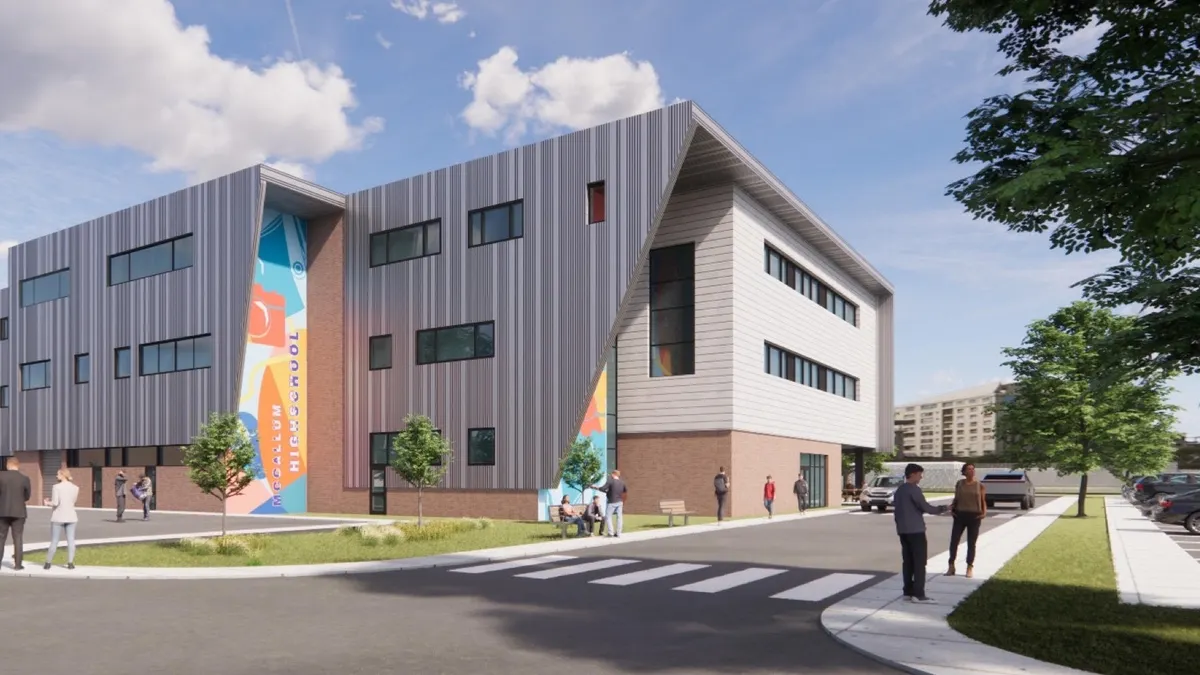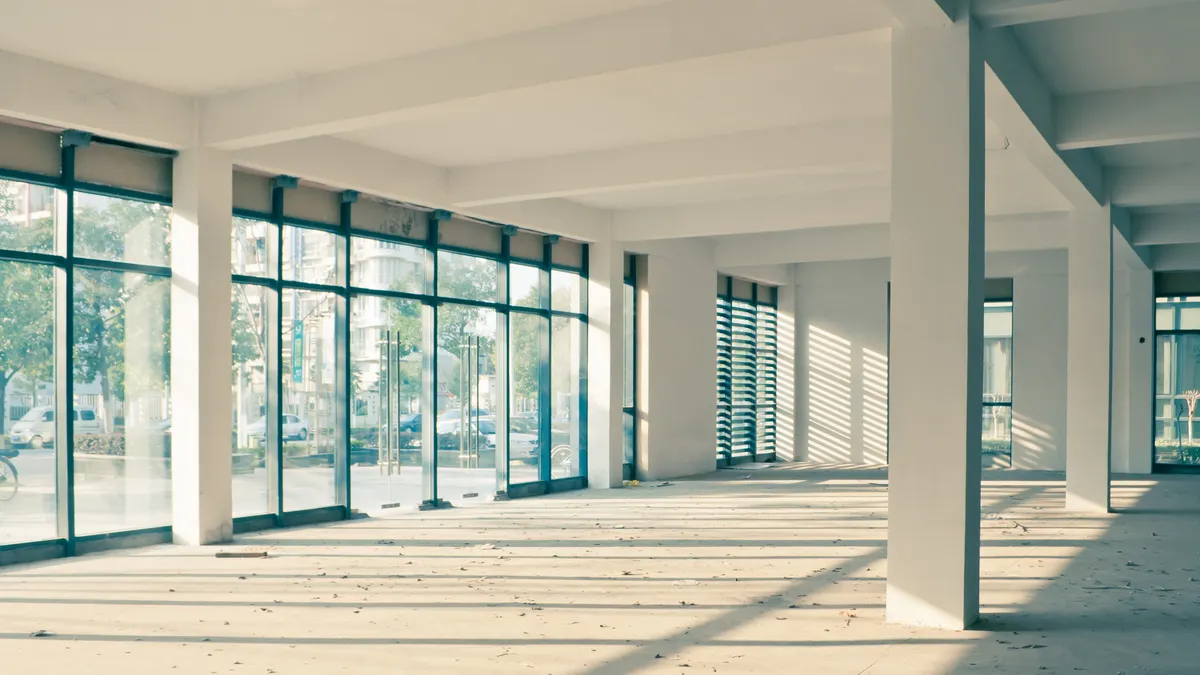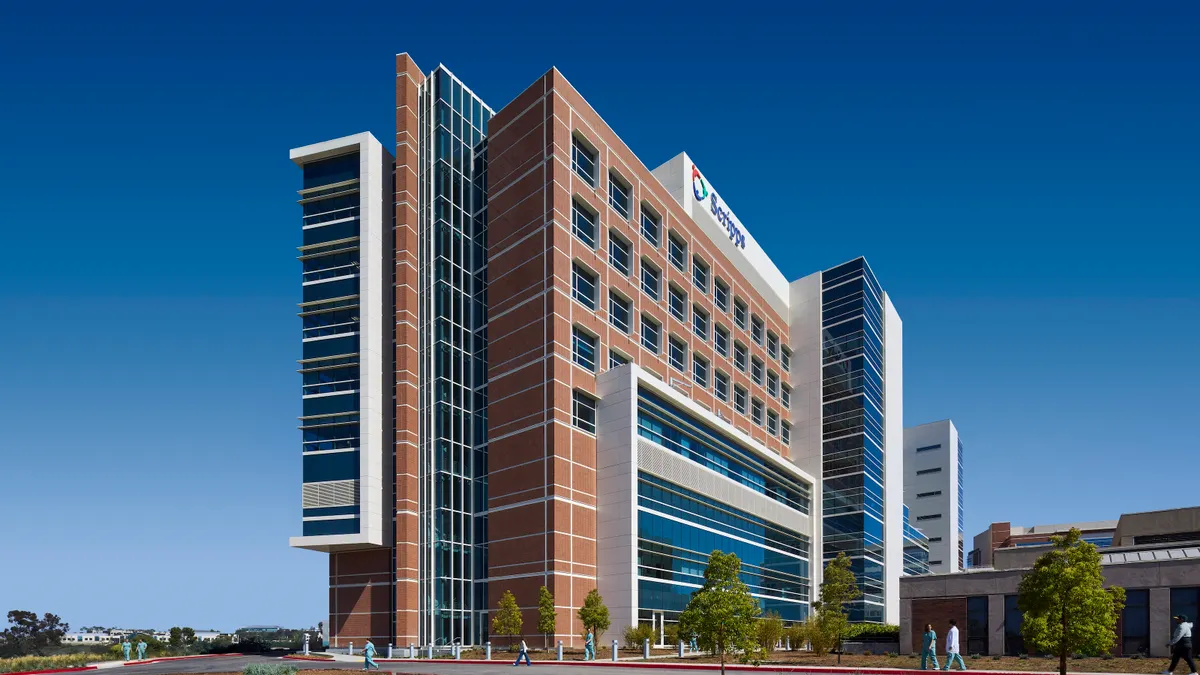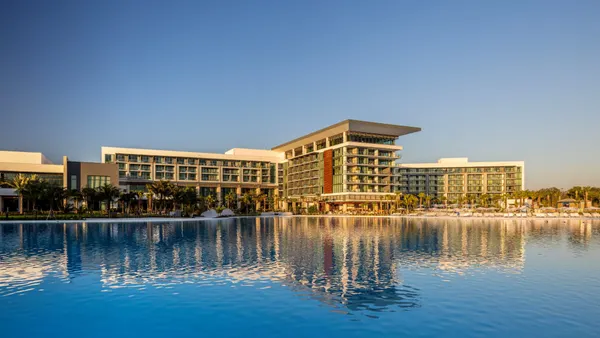Hopefully Jeff Bezos has enjoyed himself.
Since Sept. 7 (the day Amazon first announced its search for a second headquarters), mayors, governors and city council members from all over the United States have been shouting "Pick me!" like that donkey in the movie Shrek.
Chula Vista, CA’s city council unanimously passed a $400 million incentive package just under the gun, two days before the deadline; Chicago amassed a 600-person committee and unleashed Mayor Rahm Emanuel to repeatedly call Bezos on the phone; and New York City on Wednesday lit up a few of its most iconic buildings — the Empire State Building, One World Trade, 4 Times Square and the Bloomberg Tower, among others, with "Amazon Orange" in a final blaze of persuasion. And these are just three examples from the West, the Midwest and the East.
The deadline was midnight, so any responses to the e-commerce giant’s Requests for Proposal bids are either in —or out by default.
Outside the cities’ own pitches, several analysts have thrown out guesses, based on Amazon’s stated preferences. Those include requirements like metropolitan areas with more than one million people, a stable and business-friendly environment, urban or suburban locations with the potential to attract and retain strong technical talent, and communities that "think big and creatively" when considering locations and real estate options. And Amazon outlined optional amenities like the possibility for an urban or downtown campus, a similar layout to Amazon’s Seattle campus and a development-prepped site.
Moody’s Analytics this month crunched the numbers and declared Austin the winner, followed by Atlanta; Philadelphia; Rochester, NY; Pittsburgh; the New York tri-state area; Miami; Portland, OR; Boston; and Salt Lake City. Retail analyst Nick Egelanian, president of retail development consultants SiteWorks International, however, told Retail Dive that the "Mid-Atlantic has clear advantages from available mass transit and international airports along with proximity to the largest pool of high level college graduates" and said he thinks that a pool of highly skilled workers is among Amazon’s biggest priorities, making cities with several colleges and universities the most likely candidates.
Groveling for dollars
The high-profile antics on the part of governors and mayors in their appeals to Amazon struck many observers as embarrassing, but there are plenty of reasons to woo the e-commerce giant and its $5 billion project, said Jim Fosina, CEO of Fosina Marketing Group. It's a pretty big deal, considering that Bezos said the campus will be "a full equal to our Seattle headquarters." Beyond the obvious prospect of new jobs (Amazon said it’ll have 50,000 mostly well-paying slots to fill in the next 10 years), government leaders know that the arrival of a company at the vanguard of retail and technology is a signal to yet other companies that these areas are good places to settle in.
"Winning Amazon, like the Olympics, can be a game changer for these towns and states. I applaud the towns for their level of intensity and creativity."

Jim Fosina
CEO, Fosina Marketing Group
"I think that it is a great process (similar to and probably more valuable than) the way in which cities around the world compete for the Olympics," Fosina told Retail Dive in an email. "Winning Amazon, like the Olympics, can be a game changer for these towns and states. I applaud the towns for their level of intensity and creativity."
But the Olympics have lost much of its lustre for cities globally because the event has turned out to be a hugely costly endeavor that garners fleeting attention, requires expensive and aggravating logistics, yet yields few enduring benefits. Unlike the Olympics, however, Fosina believes Amazon’s arrival would translate to years of advantages to local economies. "Amazon is much more durable of a win since it brings a level of stability to the local economy versus a three-month event," he said.
The dark side
Plenty of advocates aren’t content with allowing the benefits of a massive new corporate headquarters to accrue naturally to local populations. This month, 73 organizations representing community members, warehouse and service workers and faith communities across 21 states signed an open letter to Jeff Bezos, calling for minimum standards for inclusion and diversity in the workforce, living wages, investment in transit, housing and infrastructure, and an open and transparent "people’s RFP" process.
The groups seek protection against the potential fallout of some of their leaders' RFP responses, which include tax breaks like those recently announced by New York State that include some $38 million in tax credits for Amazon to establish offices and warehouses in New York City and upstate. The groups are calling on Amazon to commit to paying local taxes, supporting infrastructure like transportation for people outside their workforce, and being mindful of its effect on smaller businesses and the local culture.
"Amazon’s empire was first built by dodging the collection of billions in sales taxes to gain market share from Main Street merchants," Greg LeRoy, executive director of Good Jobs First, said in an email to Retail Dive. "Then, as its Prime model evolved and it had to build warehouses everywhere, it created an aggressive tax-break department. Now, it expects another taxpayer gift for a headquarters? No, thank you; it’s payback time."
The Olympics of retailing
Others say that the side effects of Amazon settling in would accelerate urban development to a problematic degree — leading to housing spikes, traffic snarls and constant disruption from massive construction.
Many cities are already contending with such issues, and it’s not clear that an influx of 50,000 higher-paid workers promised by Amazon is such a great idea. In Seattle, home of what will soon be known as HQ1, for example, rent increases and housing prices have outpaced almost all other American cities, according to rental analytics firm Apartment List.
While homeowners may like the bump in their property values, renters could start to get priced out of the area. And local businesses may see the cost of labor and construction also rise.
No thanks
Not every city in America has been preoccupied by Amazon’s search. Little Rock, AR on Thursday sought to let the e-commerce giant down easy in full page newspaper ads and a video released through Twitter.
Little Rock breaks up with Amazon via the Washington Post pic.twitter.com/ND8Ef4cyuh
— Andrew Beaujon (@abeaujon) October 19, 2017
Hey @Amazon, we need to talk... #LoveLittleRock #HQ2 #AmazonHQ2 pic.twitter.com/KQXkA2PB1i
— Love Little Rock (@LoveLittleRock) October 19, 2017
"Hey, Amazon, we've got to talk. It's not you, it's us," declared the city, gently, while touting its many advantages as a vibrant smaller city, and many reasons why it doesn't need the headache that hosting Amazon's headquarters would bring. "You've got so much going for you, and you'll find what you're looking for."
Indeed. The suitors have made their cases, and it’s now up to Bezos and his infamous data-crunching team to make a decision. Amazon will announce its selection some time next year, and an Amazon spokesperson on Thursday afternoon had nothing to add.





